The date of this season's Japanese Grand Prix may have altered on the F1 calendar - switching from autumn to spring - but for many, it will continue to evoke painful memories.
This year marks the 10th anniversary of a crash that ultimately proved fateful for then-Marussia driver Jules Bianchi who sustained severe injuries after colliding with a recovery vehicle at Suzuka.
Nine months after the accident, Ferrari Academy driver Bianchi, aged just 25, passed away.
As a tribute, RacingNews365 spoke with Graeme Lowdon, former CEO of Marussia and manager to current F1 driver Zhou Guanyu, to reflect on that sad day in Japan, Bianchi's life, and most importantly, the positive legacy of his death.
Q: When you look back now after all this time what do you recall?
Graeme Lowdon: The overriding emotion is definitely one of sadness. There's no question about that, especially with time.
Looking back on the day itself, to some extent it's hard to believe it was nearly 10 years ago. Obviously, it's not quite 10 years because of the change in the F1 calendar, but it's effectively 10 years in terms of racing there.
On one hand, 10 years is a long time, but on the other, there are moments from that day that I remember as if it were yesterday, and that'll never change because it is something none of us are ever going to forget.
I remember sitting on the pit wall and the conditions were pretty atrocious. From the pit wall, you have the trackside cameras that follow your car based on GPS positioning. We could see Jules going around, and then all of a sudden, the camera just froze. I knew he had gone off.
Initially, it was quite difficult to work out where and what had happened. I thought he'd gone off slightly further around the corner than he had. Then it became clear there'd been an impact with a vehicle at the side of the track.
Once we saw there'd been a violent impact with that vehicle, we just instantly knew it wasn't going to be a straightforward accident where most of the time a driver reports on the radio he is okay and jumps out. That didn't happen on this occasion.
Q: How did you manage to keep up with what was taking place because there were no replays of the incident?
GL: It wasn't easy to get accurate information quickly. That was something I noticed significantly changed with Zhou's (Guanyu) accident at Silverstone (in 2022). That was a pretty big accident.
In the moment it brought back some emotions from Jules' crash. Probably the strongest was this need for accurate information quickly. With the accident at Silverstone, that happened. At Suzuka, it was much more difficult.
I remember we went to the medical centre, as many of us as we could, but it wasn't possible to get access. If you recall, the medical helicopter wasn't operational. We knew Jules had been taken to the hospital, so John Booth (team principal) and I jumped in a car and headed there straight away.
That journey was pretty awful because we had no clear indication at the time as to Jules' condition. I spoke to Bernie (Ecclestone), I had maybe two or three calls with him during that journey to the hospital, and he made it very clear that anything we needed at all would be taken care of. He was back in the UK, and he was equally very keen to try and ascertain Jules' condition as quickly as possible.
Then I remember being at the hospital, and even when we were there, it wasn't easy to get clear information. The lines of communication eventually became established, but the picture that unfolded was not a good one.
Different people, from our team and Ferrari, started coming to the hospital, as well as several drivers. We just tried to provide people with the best information we could but it was really difficult to get that clear information. I'm not blaming anyone for that. It's just how it was back then.
The other thing I remember vividly was that we were obviously in communication with his family, and particularly Philippe, his dad. We almost immediately arranged flights for them to come out. As a parent myself, I was thinking that I couldn't comprehend how they would feel travelling such a long way, and not knowing what they were going to walk into.
I've kept in close contact with the family. We don't talk much about that day itself, for obvious reasons, but we do talk about Jules quite a bit. It's really important that people don't forget.
There's nothing we can do to bring him back but there's everything we can do to make sure his memory continues. Jules paid the ultimate sacrifice for the sport, and the absolute minimum that can be done is to keep him in our memories and remember all the good times, and make sure the sport doesn't forget him because he was a major talent taken from us far too early.
(Article continues below image)
Q: You mentioned the word 'talent'. You worked with him over a reasonable period - obviously, not long enough - but how convinced are you that he would have gone on to bigger and better things?
GL: Jules was the real deal, no question in my view. I've seen a few drivers in my time, and he had that extra capacity that you need. He never really had the platform to be able to show it, which is a shame.
When you work closely with a driver like that, you see all of the elements that are needed to be good in this sport, and he is definitely someone who would have gone on to create some great stories in Formula 1, that's for sure.
Q: Do you feel he would eventually have joined Ferrari?
GL: Yeah, I could picture him at Ferrari. He is Charles Leclerc's godfather, and he brought Charles to a couple of races. I remember him saying to me and John that we had to meet his godson, telling us he was going to be the next big thing and all that kind of stuff.
They look a bit similar, they grew up together, and their fathers were very close. We were lucky enough to have him as a guest, and we could see how much Jules thought of him.
Watching a recent Monaco race, Charles did a move around Rascasse which was almost identical to the one Jules did when he scored the team points in 2014. It was almost the exact move. I was watching at home at the time, and I had to go for a little walk because of the goosebumps and everything. It was uncanny.
Although there was an age difference between them, they grew up together, and it's probably no surprise there are a lot of similarities.
I could certainly see Jules being a super successful driver at Ferrari. It's just a tragedy he was robbed of his life, and for F1, the sport was robbed of being able to watch him do all the things I'm sure he would have gone on to do.
(Article continues below)
Viewed by others:
Q: When you look back at Jules' life and the legacy he has left, of course, the one key safety aspect has been the halo. That is at least a positive.
GL: There was a big focus on safety afterwards, quite rightly, as well, and there were several changes, with the halo being one of them. One of the problems, when the halo was introduced, was that it was hailed as this solution for almost every impact. Sadly, for the kind of accident Jules had, the halo wouldn't have made any difference. I think that's fairly well-established now.
But there are accidents where it has made a difference - Monza, with Lewis (Hamilton) and Max (Verstappen); Bahrain with Romain (Grosjean), and Zhou's incident for sure.
Another simple thing that has made a difference is not having enormous heavy vehicles at the side of a track when you've got fundamentally very strong, but very vulnerable racing cars going around.
There are a whole bunch of other safety changes that came from it as well. We see red flags significantly more frequently now. So if we're looking at legacy, then that accident, for me, was a crossroads in a whole number of areas.
The one thing that is very much at the front of my mind every year, both when the Japanese GP comes around, and on the anniversary of Jules' passing, is the family, and the fact they lost someone so precious. I can't comprehend it. I know it's very important for them that we all remember Jules every year.
I've been back to Suzuka every year, even when we weren't racing in F1, and I take some flowers to the spot of the accident and say a few words, take a picture of it, and send it to a few people who I know.
I'll be doing it again this year because the key thing is he should never be forgotten.
Don't miss out on any of the Formula 1 action thanks to this handy 2026 F1 calendar that can be easily loaded into your smartphone or PC.
Download the calenderMost read
In this article
Interviews RN365 News dossier
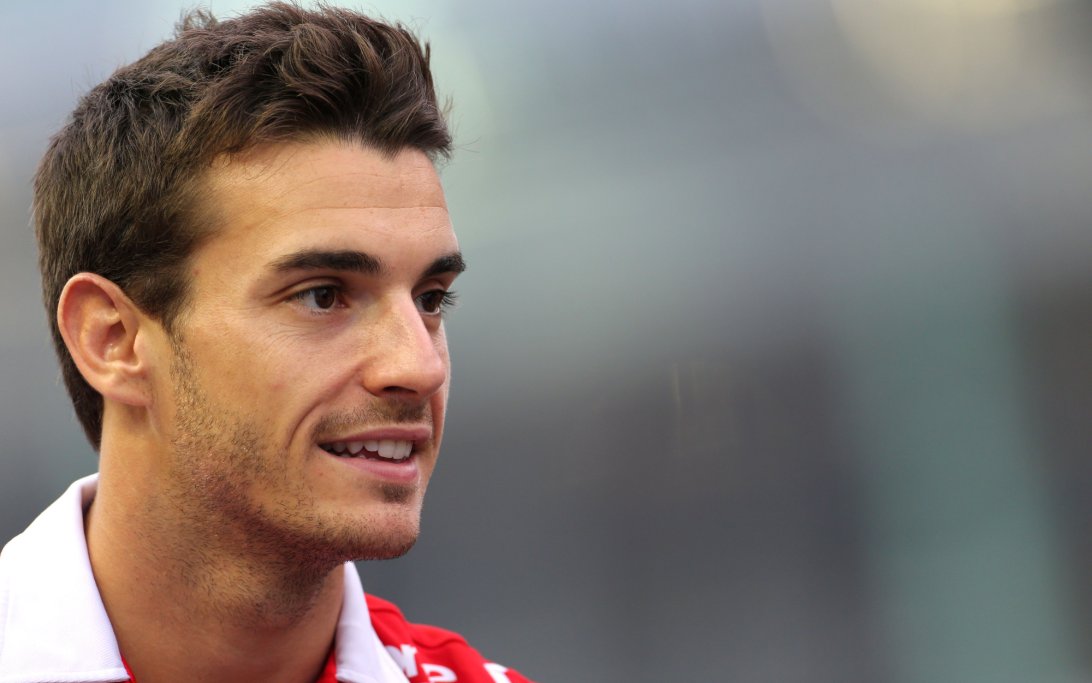
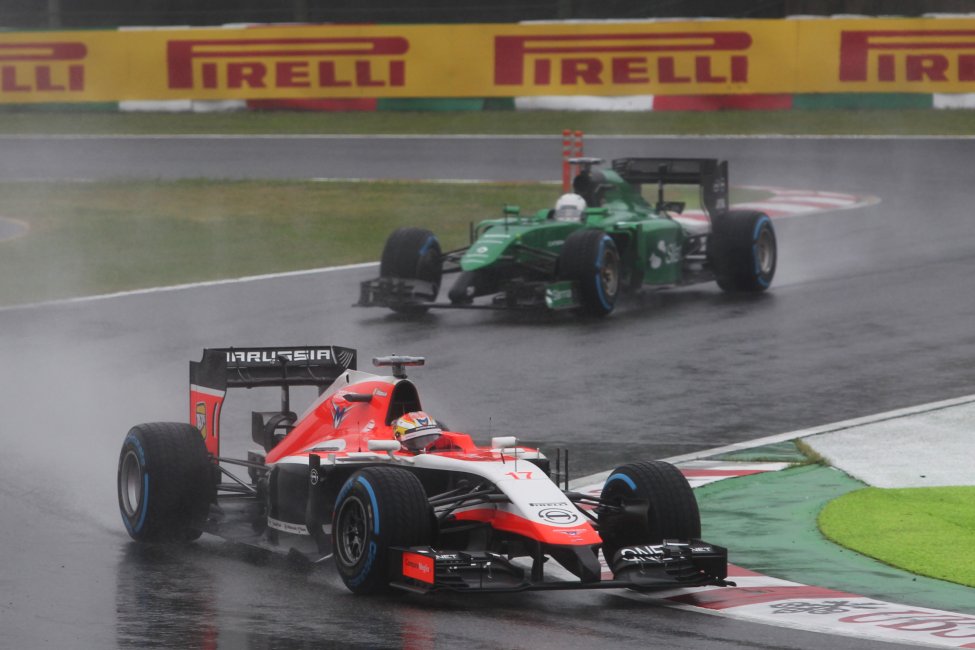
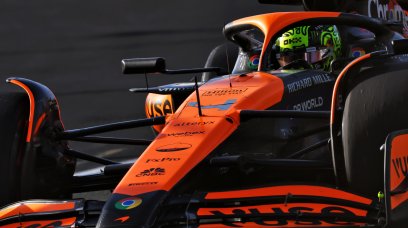
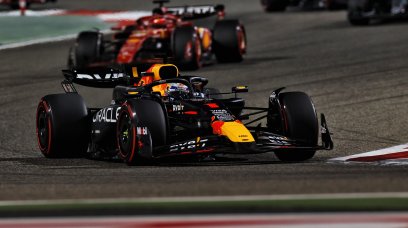
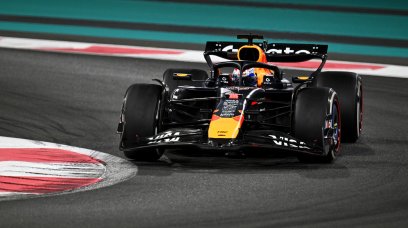
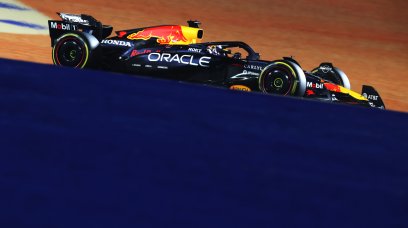
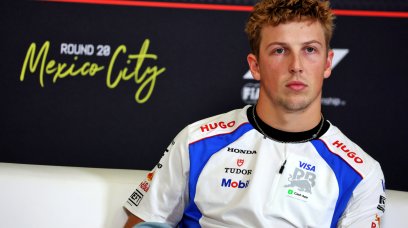
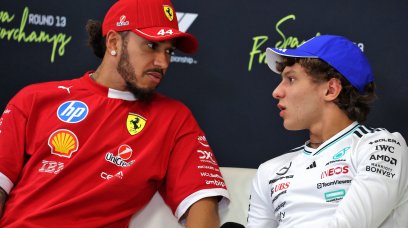
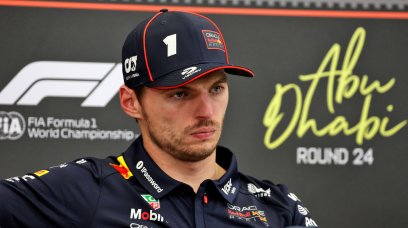
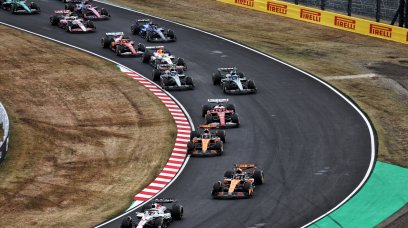
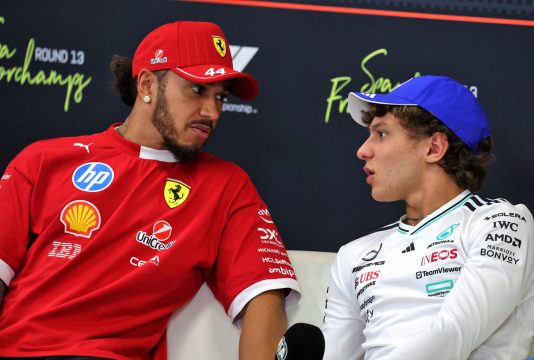
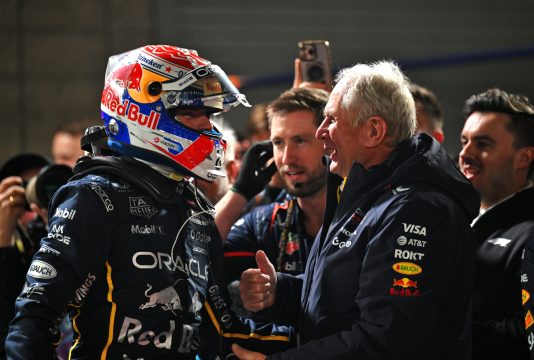
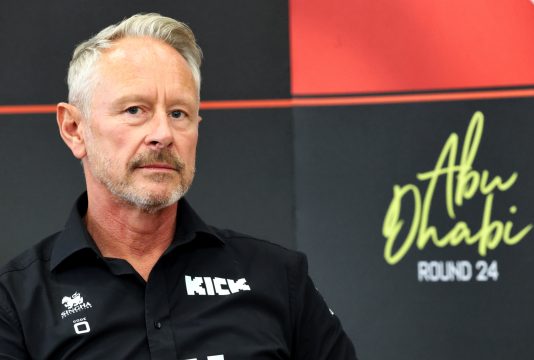
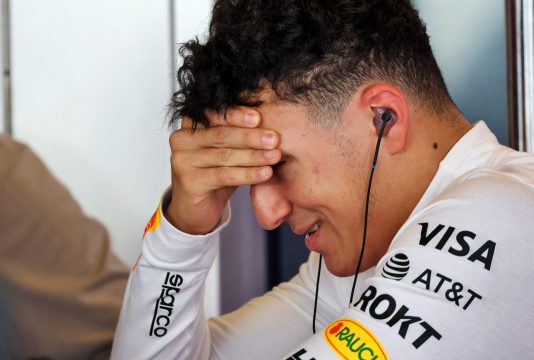
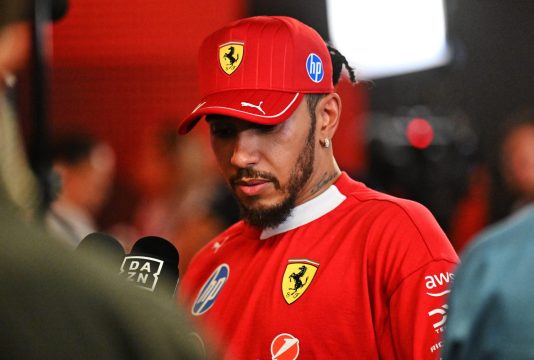
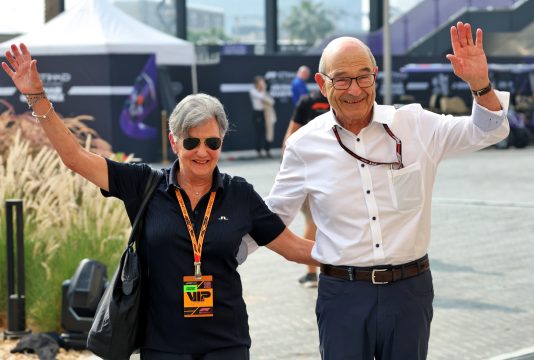
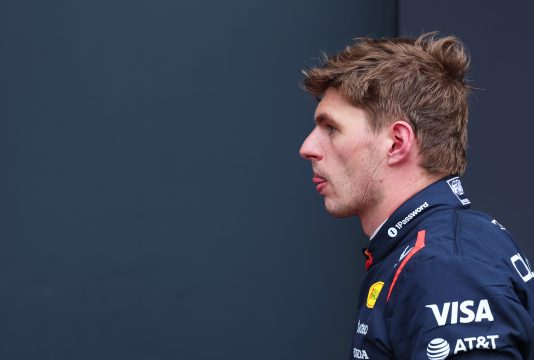
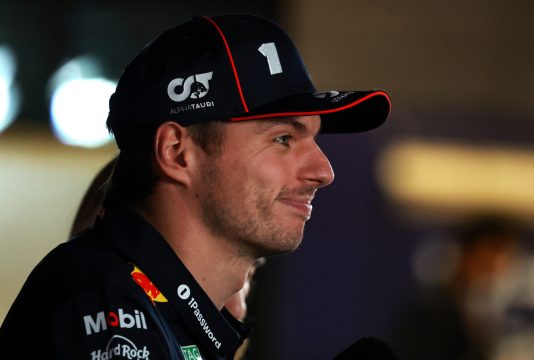
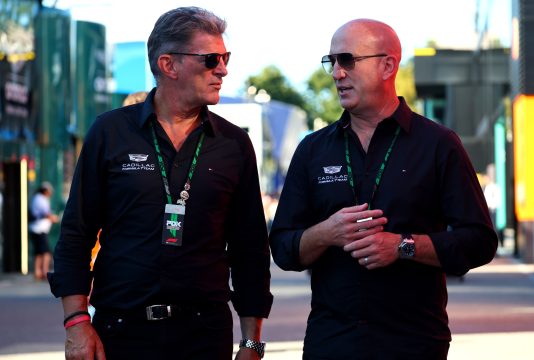
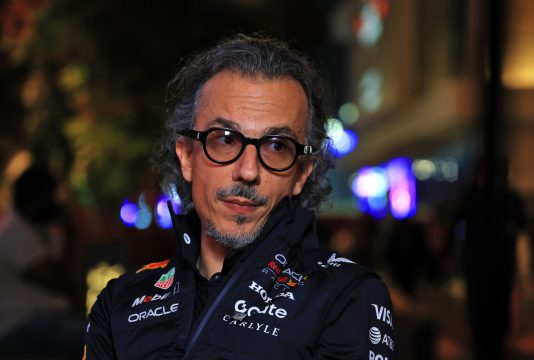
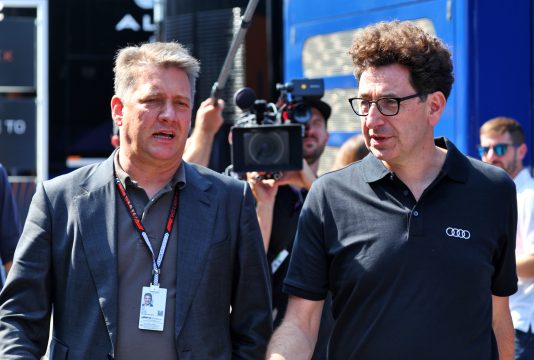
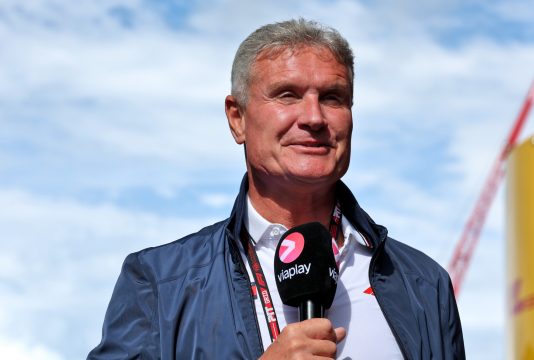
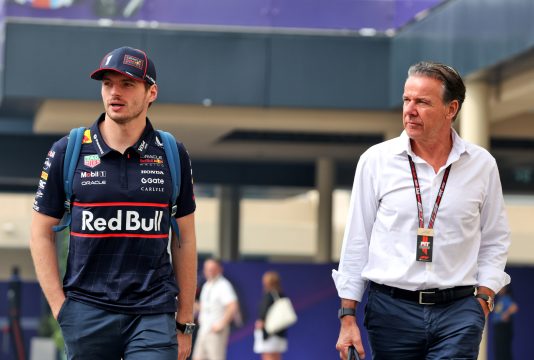
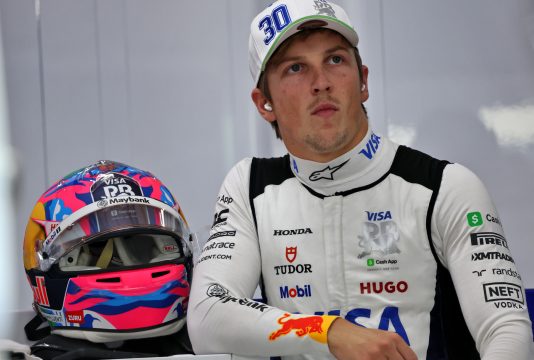
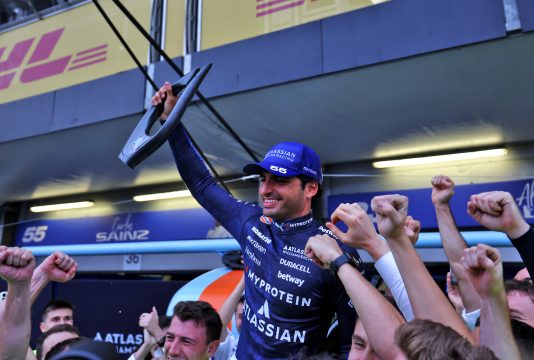
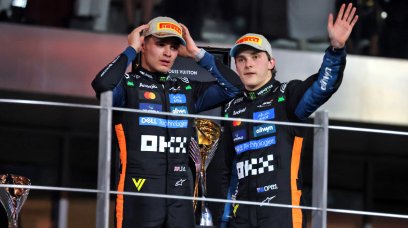
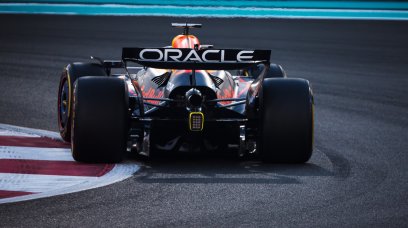
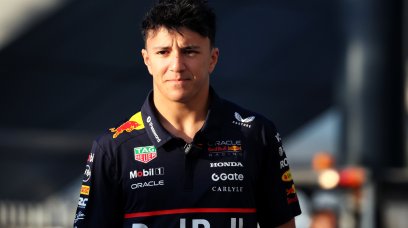
Join the conversation!